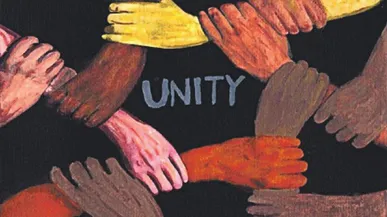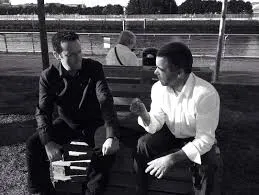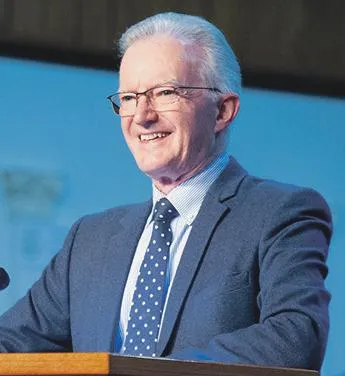
What is evangelical unity? Does it even matter?

Graham Nicholls
What is evangelical unity and does it matter? And anyway, who’s to say what an evangelical actually is, and even then, what would visible evangelical unity look like?
That was part of our discussion at the autumn meeting of the Affinity Council – a group of leaders from churches and Christian organisations that help guide Affinity as we set our priorities.

A plea for pastoral brotherhood
Between 1979 and 1999 the Pope, John Paul II, published a collection of essays titled ‘Letters to My Brother Priests’. That sentiment, that his fellow clergy were his brothers, is something we would do well to learn from in our Protestant circles.
Those who serve Christ’s sheep as shepherds should see themselves as being in a spiritual brotherhood, a brotherhood that’s in desperate need of each other. The church has struggled with pastoral abuse, scandals, burnouts, and dropouts. The last few years of Covid, war, civil unrest and political instability have only heightened the weight carried by pastors. These trials have taken their toll. But where are pastors to turn when they need help?

ten questions: dismantling our tribalism
Jonathan Lamb
1. How did you become a Christian?
Christ's ambassadors, united by faith across nations
Despite not really liking Ferrero Rocher chocolates, I have spent a lot of time over the last five years with ambassadors – first as the former Prime Minister’s Deputy Special Envoy for Freedom of Religion or Belief, and now as I finish my time as Adviser to the Chair of the Article 18 Alliance of religious freedom envoys.
Ambassadors can be seen in public but rarely heard. Like the best referees or umpires, whom you don’t really notice until after the match that they have done a good job (although the old cricket umpire legend the late Dicky Bird was of course an exception). It is why the recent public criticism around former US Ambassador Peter Mandelson proved fatal to his career.